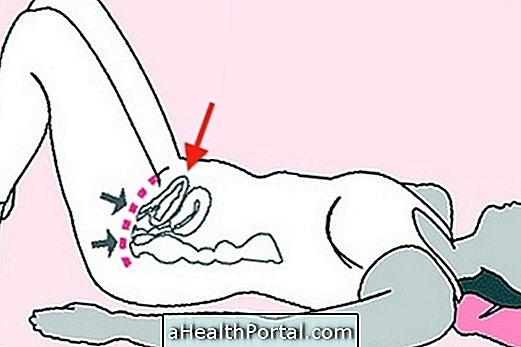Stuttering exercises consist of speaking loudly, to one, two, or a group of people. To begin with you can read a text alone, loudly in front of the mirror. But then you have to expose yourself and talk to other people. The more you talk, the better.
The point is that if you stutter, stutter, assume yourself as a stutterer for other people. This exercise will make the stutter more self-confident, expose himself more, and the tendency is for stuttering to fade with time.
Stuttering is made by a set of factors that form an iceberg, not being able to speak fluently is just the tip of the iceberg, so the treatment for stuttering is often done with psychoanalysis, where the stutter learns more about himself and passes to feel better about your difficulty.
Some cases of stuttering can be cured in weeks, others can take months or years, everything will depend on how long the individual is stuttering and how severe they are.

What is stuttering
Stuttering, scientifically called dysphoria, is not only a difficulty in speaking, it is a condition that affects one's self-esteem and undermines one's relationships.
It is very common for children 2 to 5 years to have passive bouts of stuttering, which can last for a few months, because they think much faster than they can speak because their phonetic system is not yet fully fit. This stuttering tends to get worse when the child is nervous or very excited. It can also occur when she speaks a phrase with many new words to her.
If you notice that the child, other than stuttering, makes other gestures such as standing on the floor, blinking eyes or other ticks, this may indicate the need for a treatment, as it indicates that the child has already noticed that it is difficult to speak fluently.
And if not treated soon will have the tendency to isolate and avoid talking.
What Causes Stuttering
Stuttering has several physical and emotional factors, which when properly treated can disappear completely and the individual does not stutter more. The children of stuttering parents have twice the chance of becoming stutterers as well.
One of the causes of stuttering is brain origin. The brain of some stuttering individuals has less gray matter and some white areas of the brain, has fewer connections in the speech region and, for these, the cure has not yet been found.
But for most stutterers, the cause of stuttering is insecurity in speech and factors such as poor development of speech muscles present in the mouth and throat. For these, stuttering exercises and body development tend to slow down stuttering over time.
For others the cause of stuttering may have been acquired following a change in the brain, such as a stroke, bleeding or head trauma. If the change is irreversible, the stuttering will also be.
























